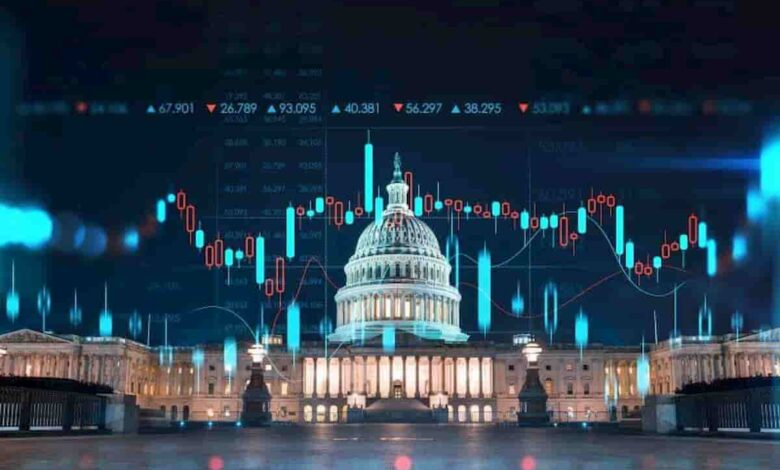
Congressional Trading: A Look Into Lawmakers’ Investments
Lawmakers and Their Impressive Investment Returns
Members of the U.S. Congress, whether part of the House of Representatives or the Senate, often achieve significantly higher financial returns compared to their constituents. This is largely attributed to their access to information that could potentially influence market movements before such information becomes public. Additionally, specific committee roles can provide politicians with further informational advantages.
The Conflict of Interest in Political Trading
Understandably, this situation is frequently viewed as a clash between official duties and personal interests. Although there have been attempts to limit these practices, regulations designed to tackle them are often neglected. Despite efforts to increase transparency, finding questionable trades by politicians is not a challenging task, regardless of statements by individuals like Dan Crenshaw. Moreover, the current disclosure regulations are structured in a way that makes it difficult to ascertain the precise amounts public officials are investing in the stock market.
Investment Trends Among U.S. Politicians
To date, American lawmakers have predominantly invested in traditional financial assets such as exchange-traded funds (ETFs), bonds, and stocks. Although the trading of cryptocurrencies within Congressional circles is still in its infancy, one particular lawmaker seems to be ahead of this emerging trend.
Receive Signals on US Congress Members’ Stock Trades
Stay informed about the trading activities of U.S. Congress members. Updates from House disclosure reports trigger signals that notify you of their most recent stock transactions. Enable these signals to stay up-to-date.
Mike Collins and His Foray into Meme Coin Trading
Michael Collins, representing Georgia’s 10th congressional district, has been active in the cryptocurrency market for a while. His initial investments in digital currencies, which he was required to disclose, date back to October 2023 and mainly involved well-established cryptocurrencies like Ethereum (ETH).
On December 1 and December 2, Collins executed three transactions, two of which involved the purchase of Ski Mask Dog (SKI) tokens, as per a public transaction report released on December 2. Each SKI purchase ranged from $1,001 to $15,000, resulting in a total investment between $2,002 and $30,000 in this meme coin.
Ski Mask Dog, boasting a market cap of approximately $232.24 million as of the report time, has been operational since April. The report also includes a $1,001 to $15,000 investment in Aerodrome Finance (AERO), another small-cap token that Collins had previously invested in.
Interestingly, Collins indirectly commented on his investment choice. On December 3, he shared an image of Pepe the Frog in response to a post by unusual_whales on social media platform X, documenting his trades.
Could Congressional Trading Lead to Pump and Dump Schemes?
On December 2, the day of Collins’ purchase, SKI was trading between $0.1067 and $0.1184. The price has since surged to $0.2071, marking a 74.91% increase from the higher end of the initial range. Over the past week, Ski Mask Dog has rallied by 445.07%, with monthly returns reaching an astonishing 11,158.38%, according to CoinMarketCap data sourced by Finbold.
While this may seem unusual, it shouldn’t be surprising that some Congressional members are willing to take on the risk (or have the financial means) to invest in meme coins. Going forward, actions like Collins’ social media comments could potentially trigger upward movements, providing lawmakers with another channel for questionable trading practices.







